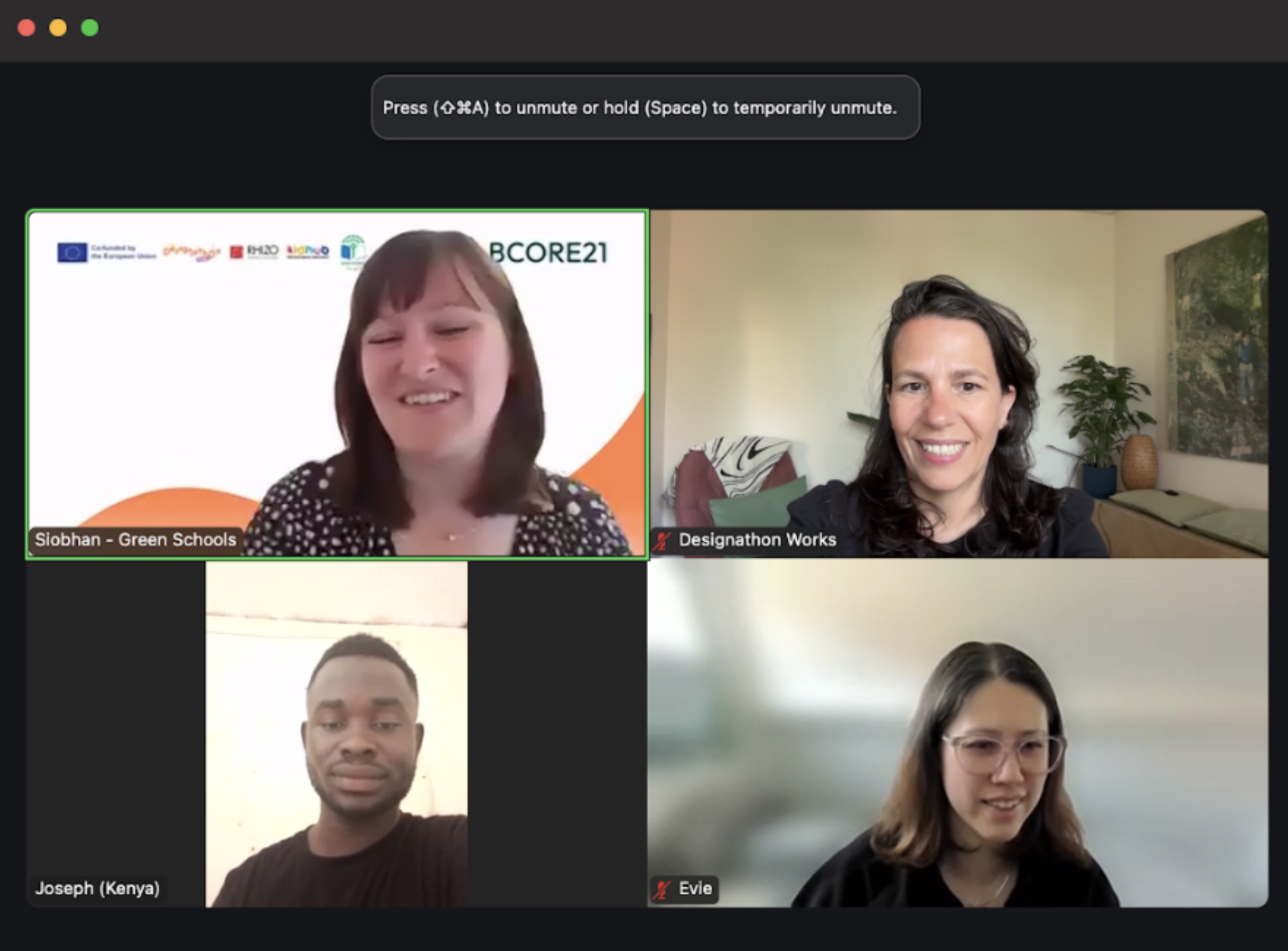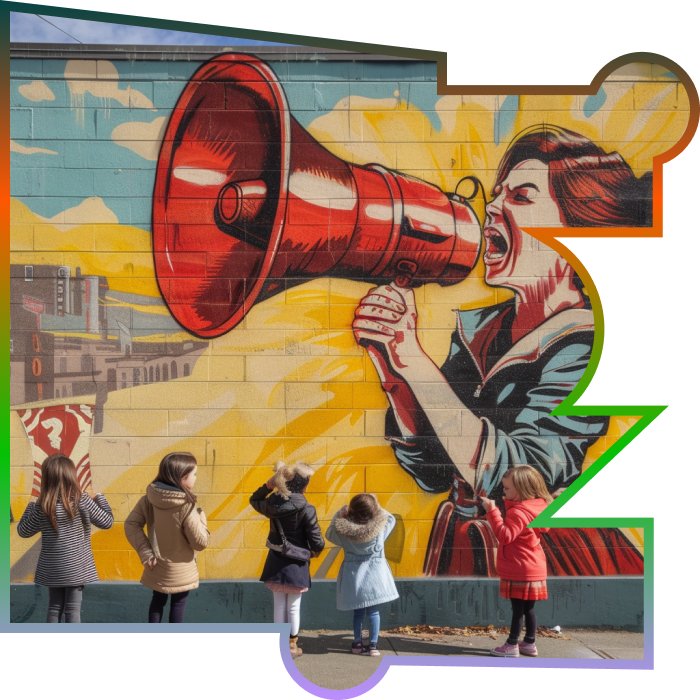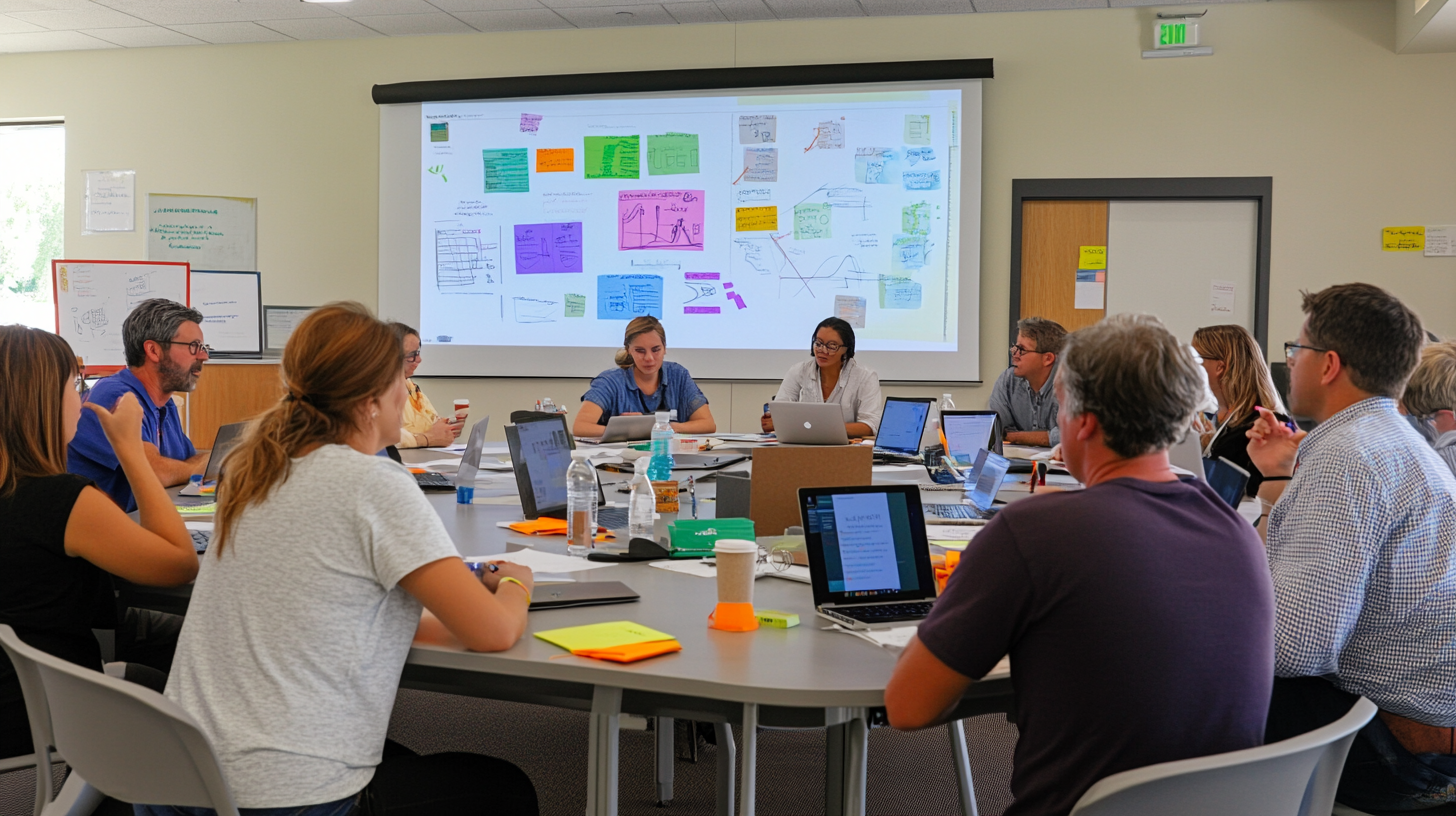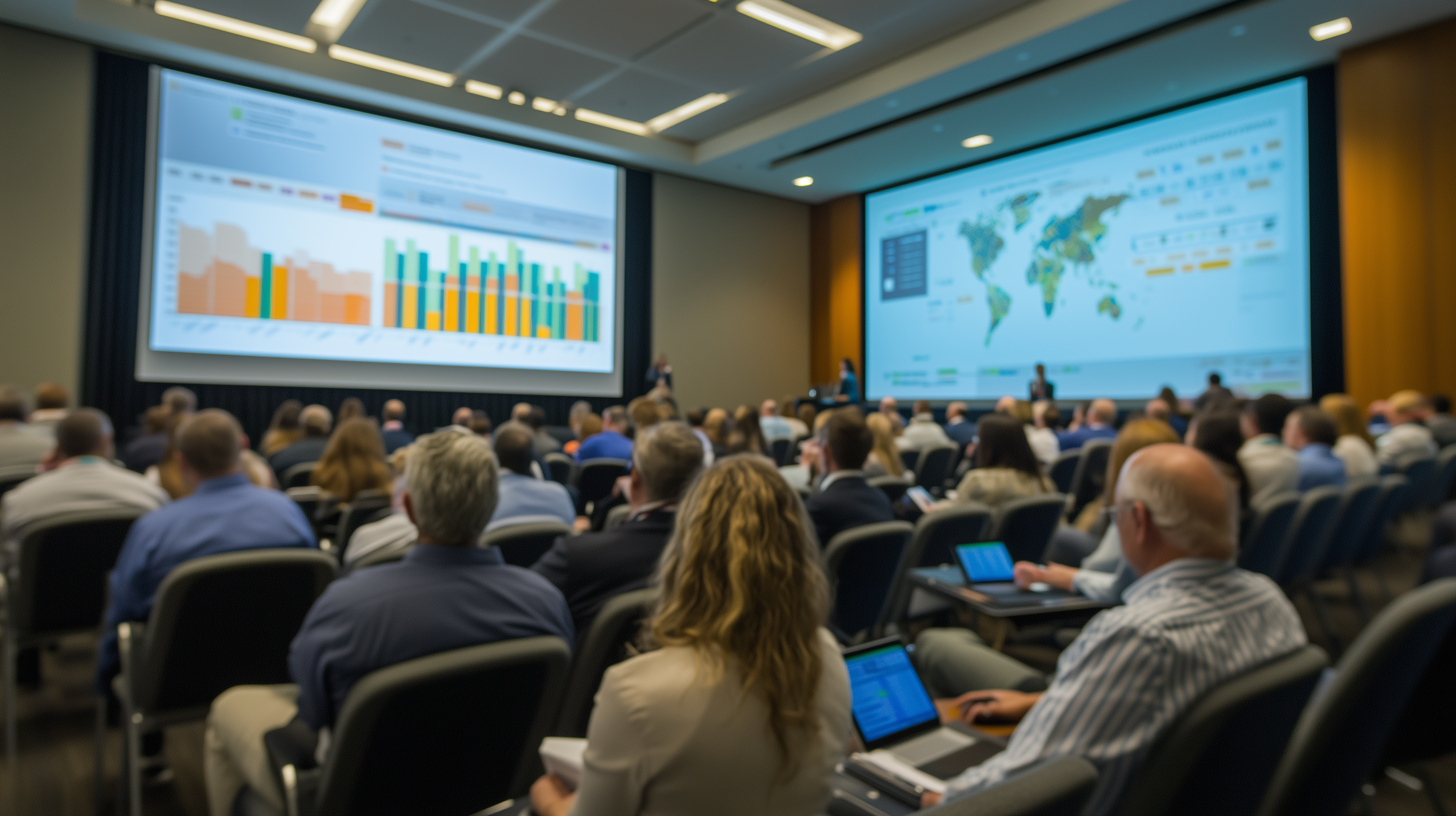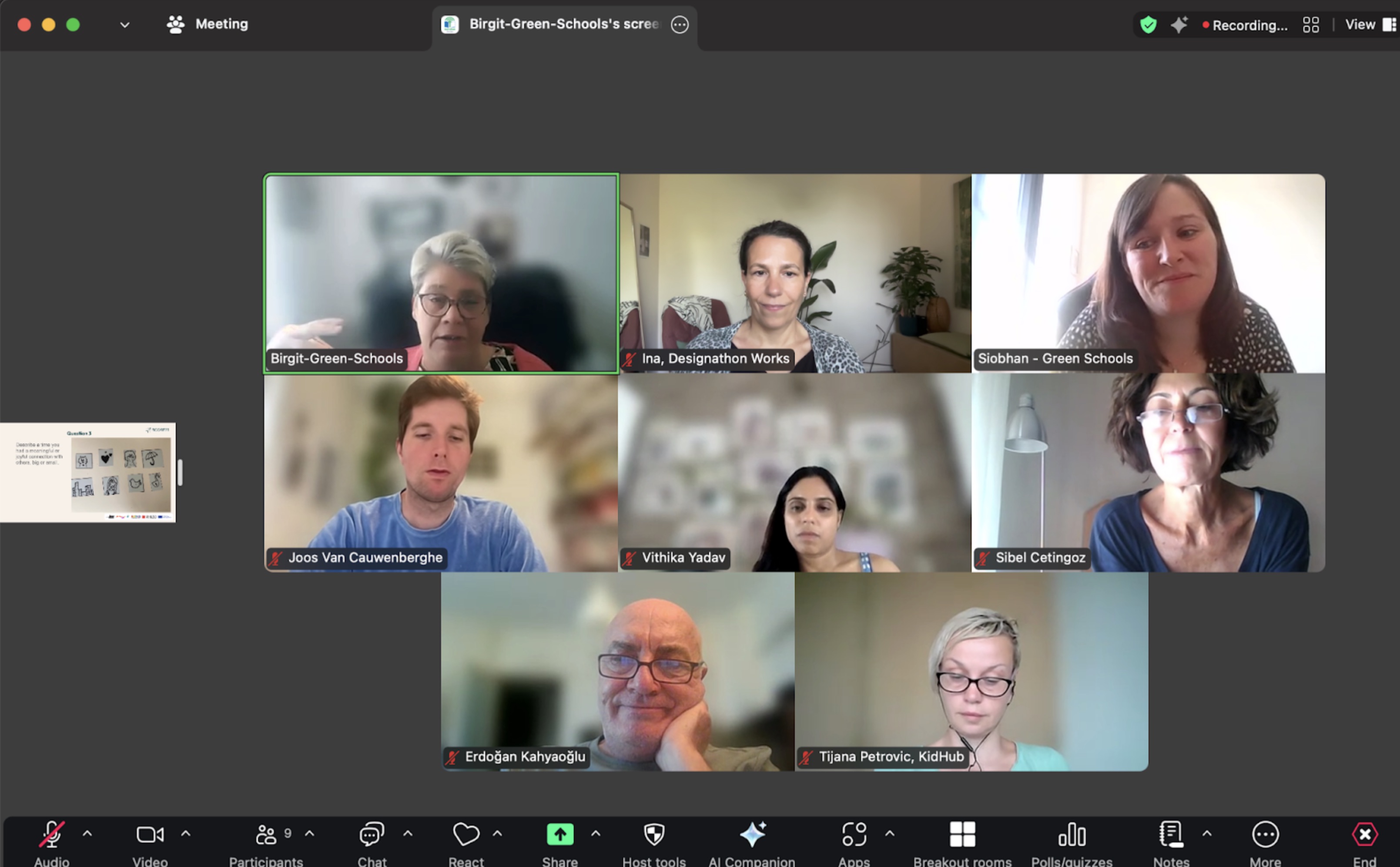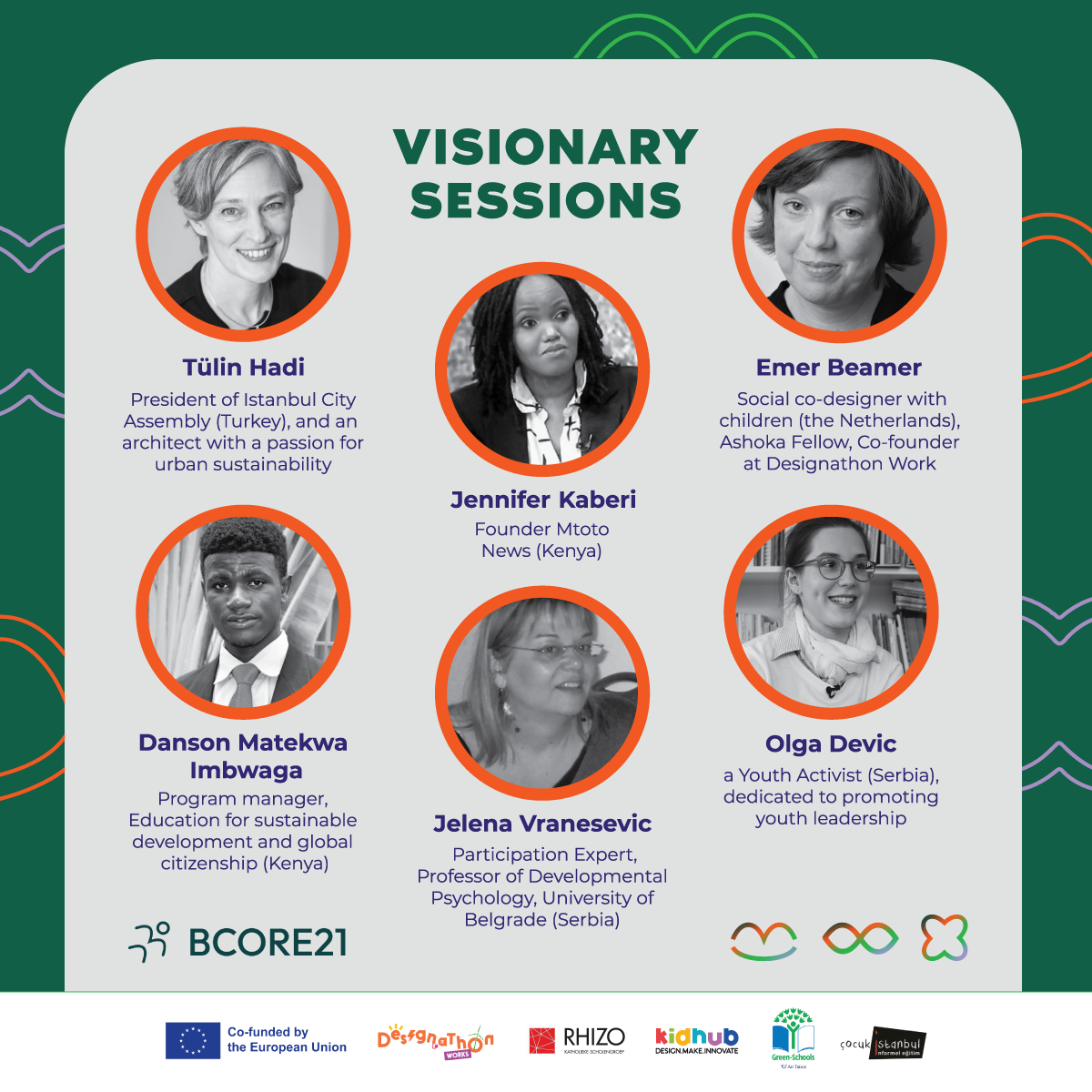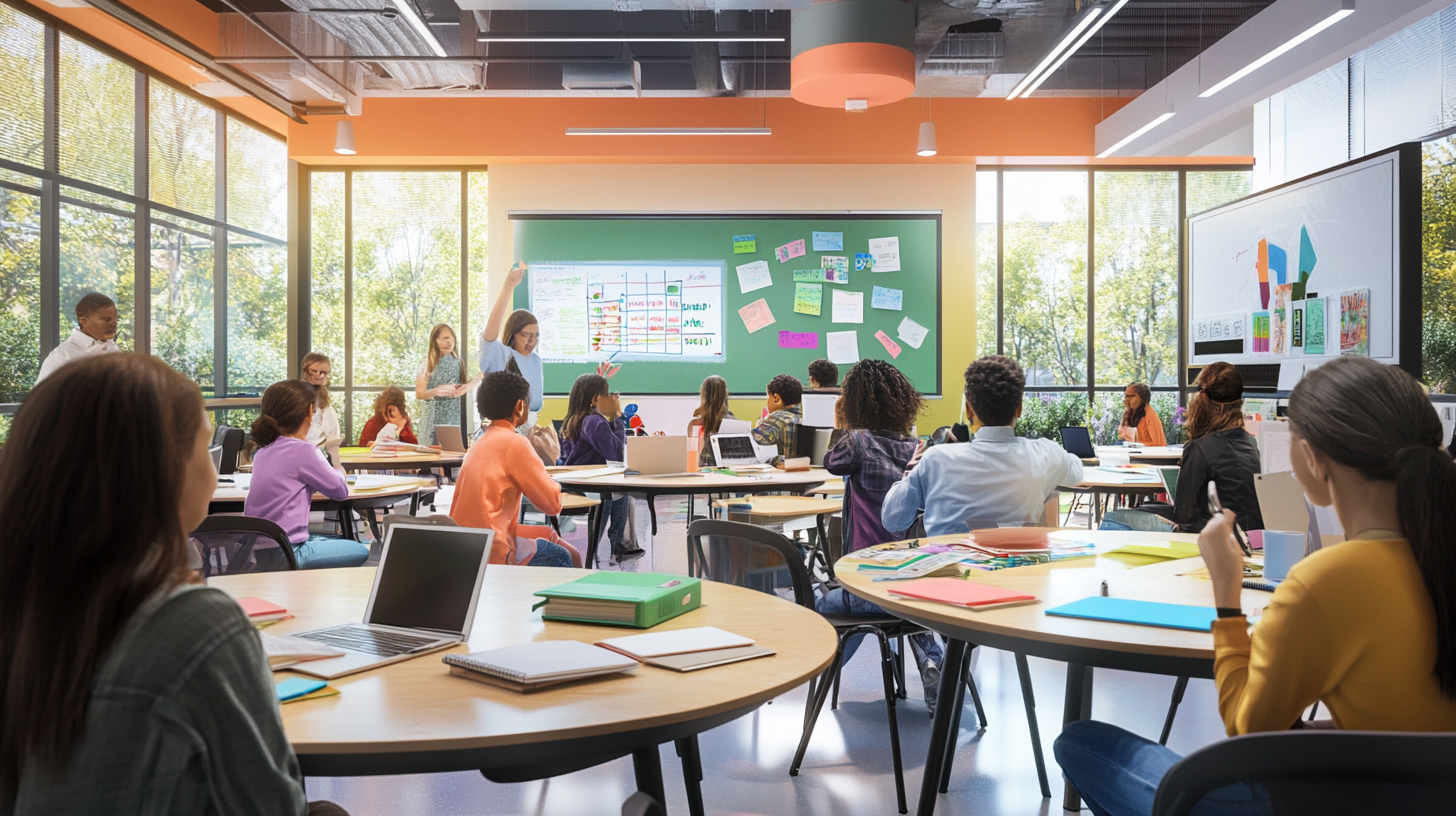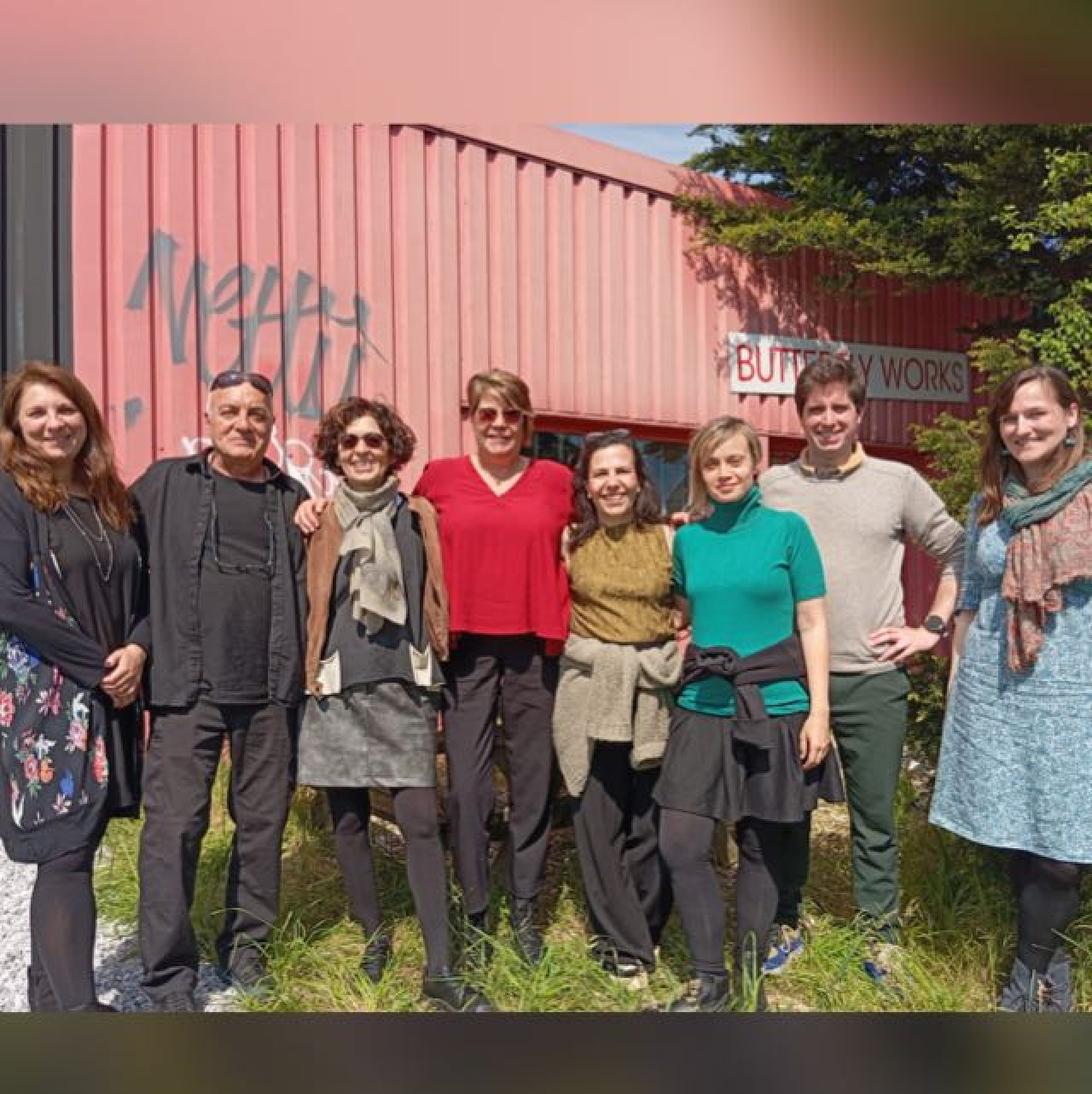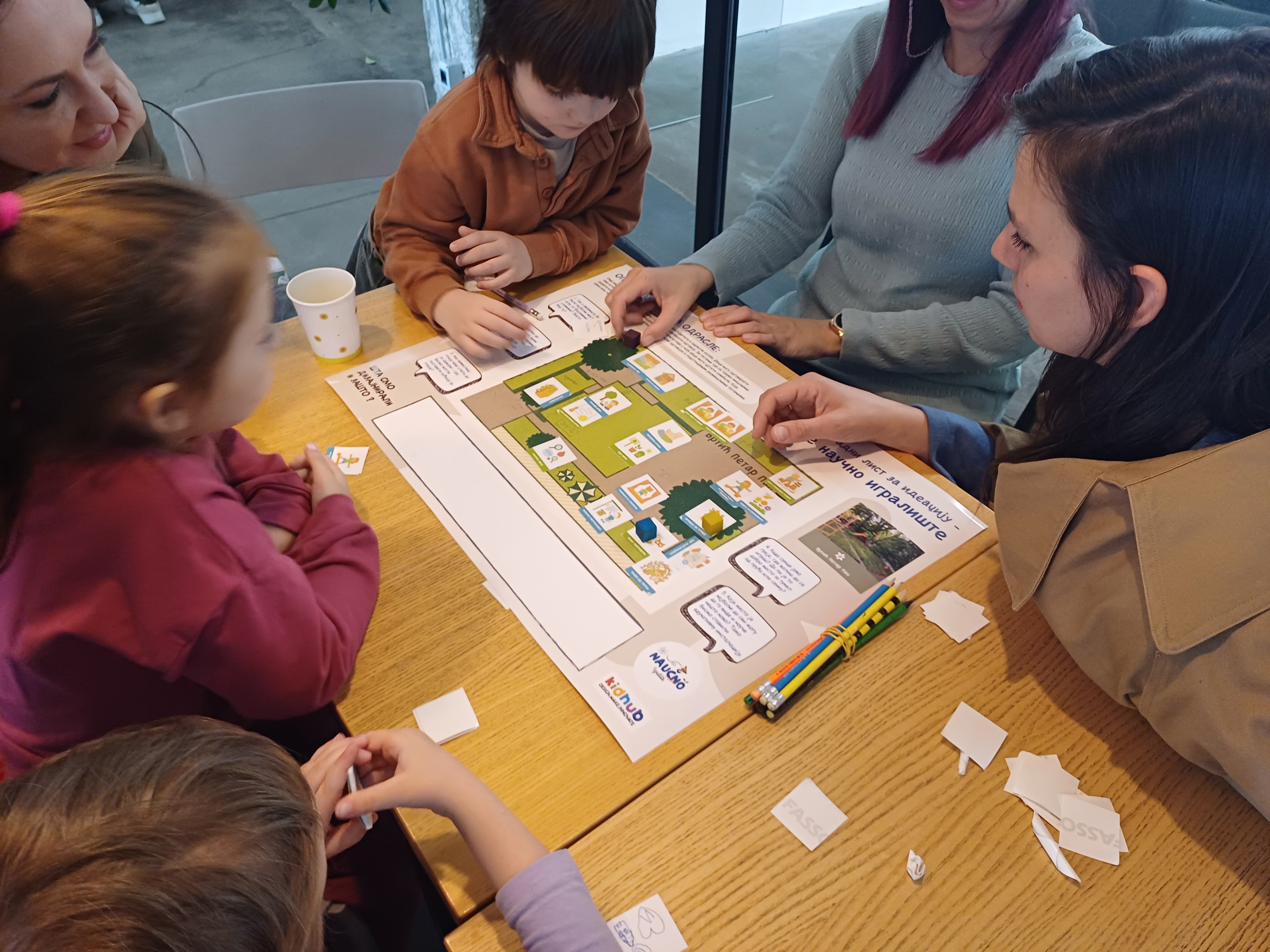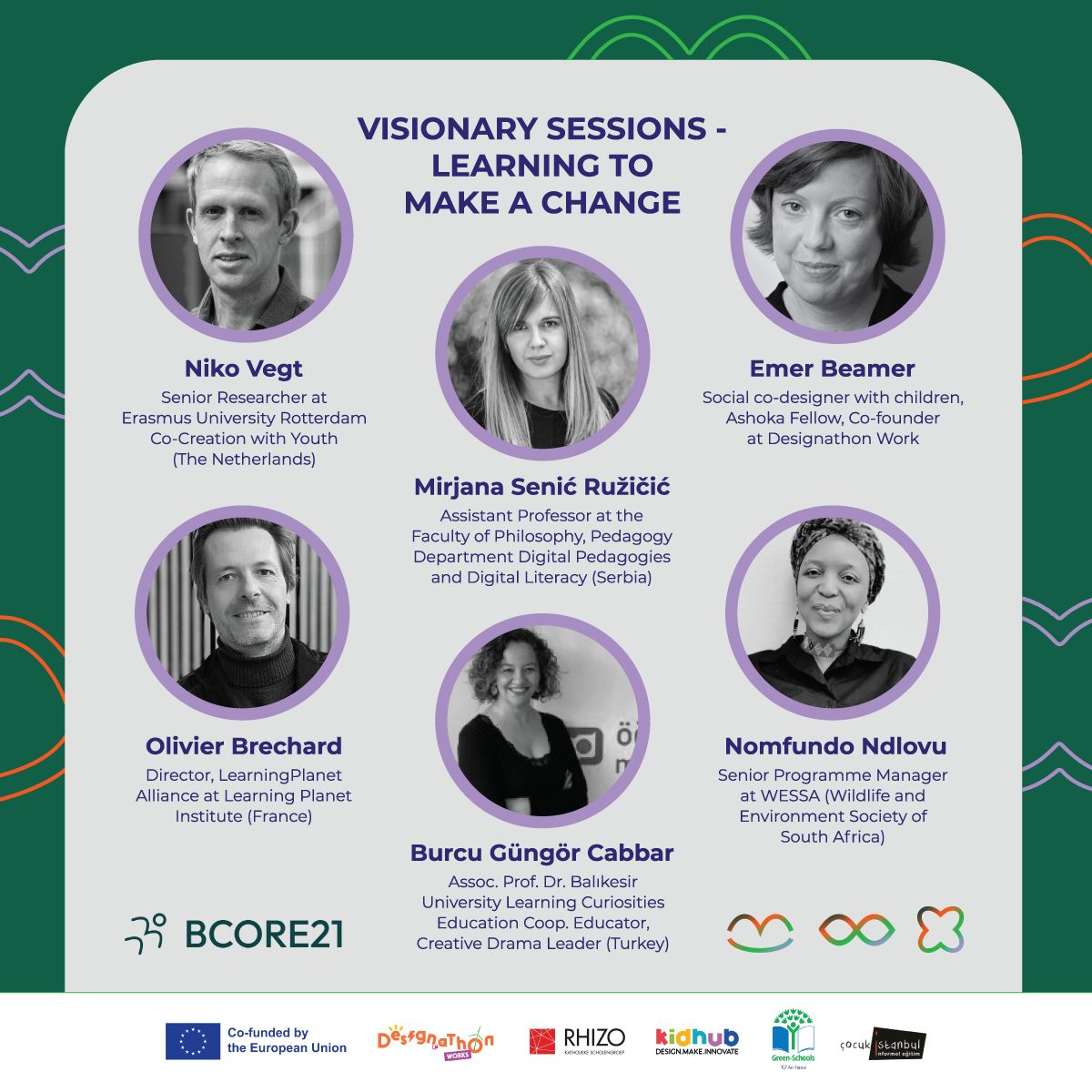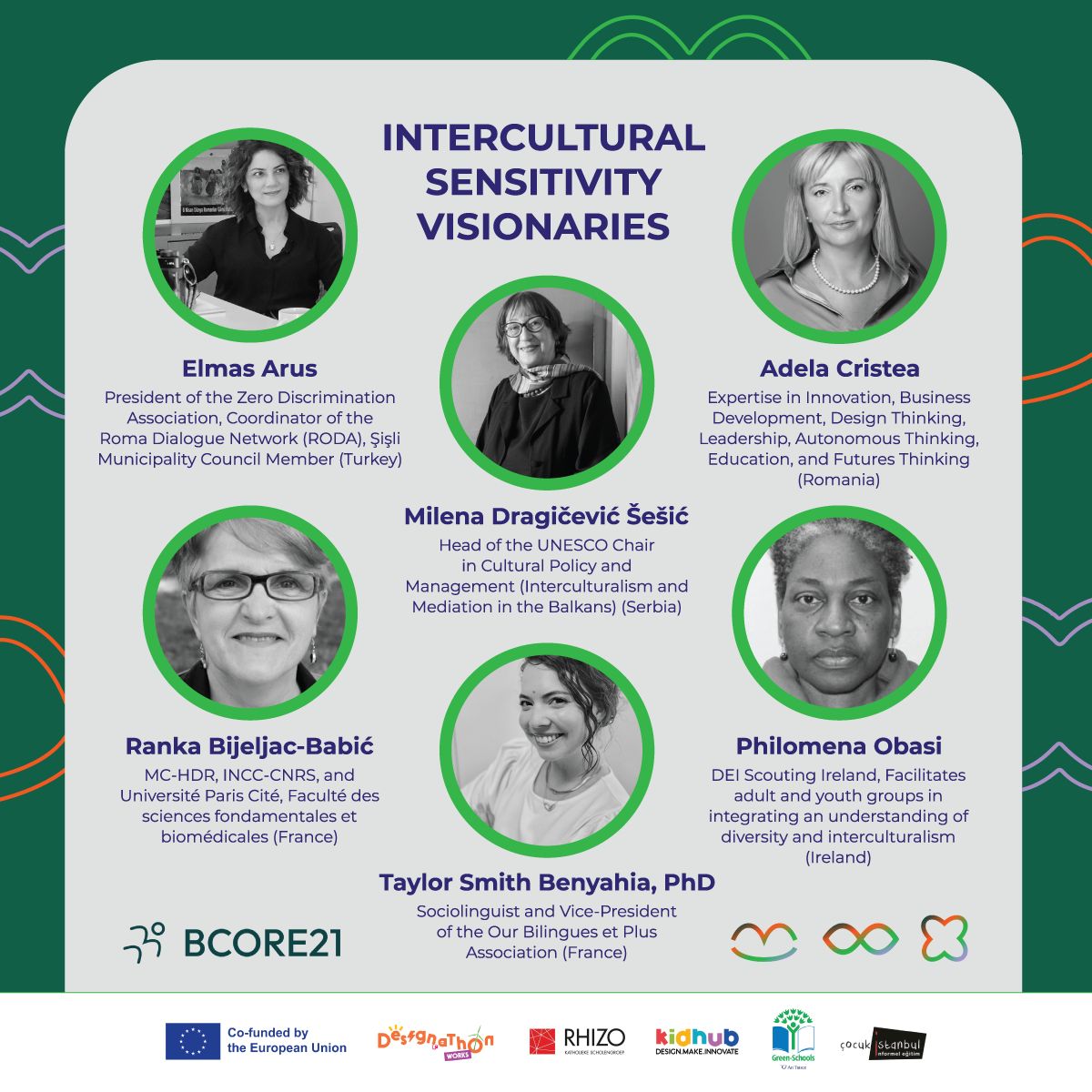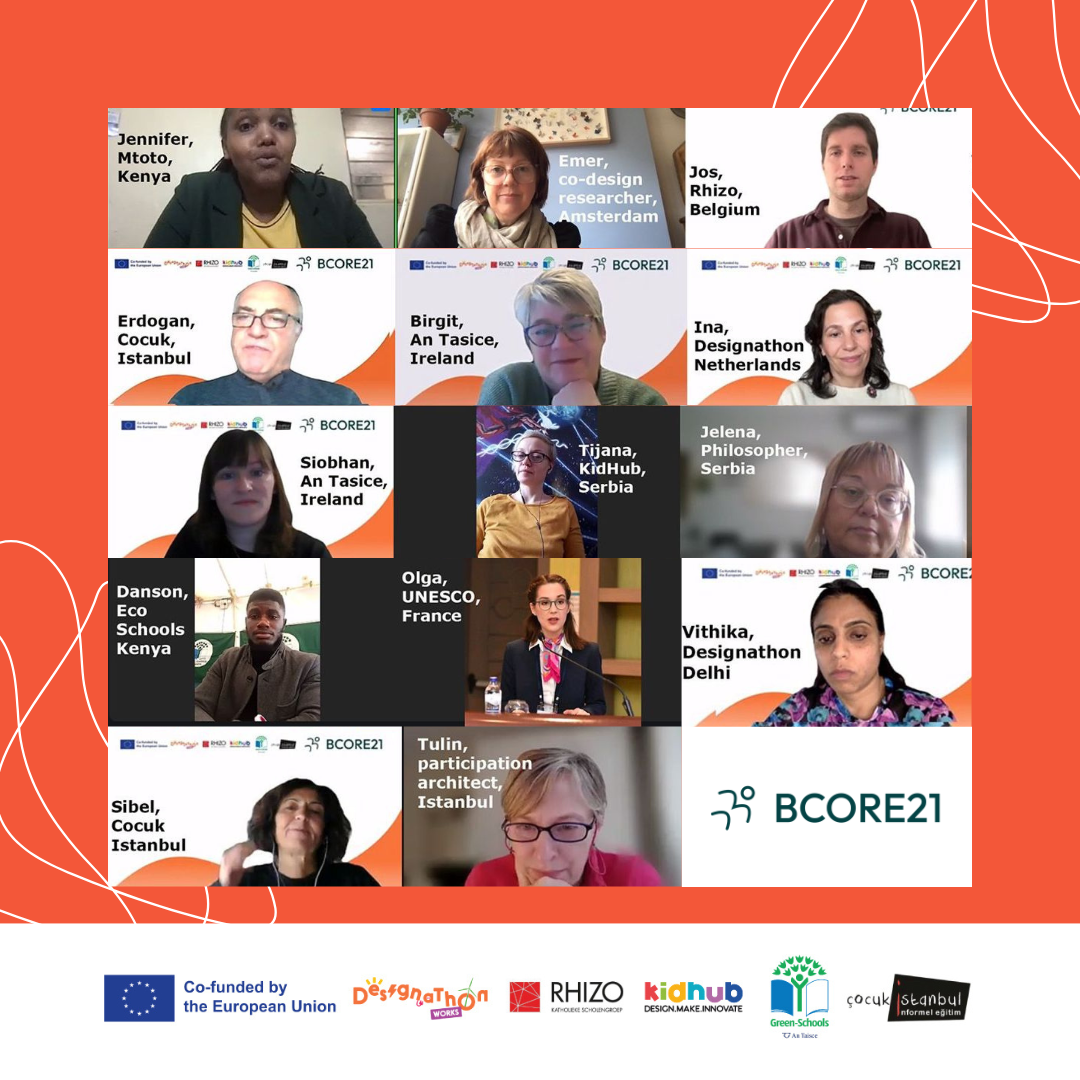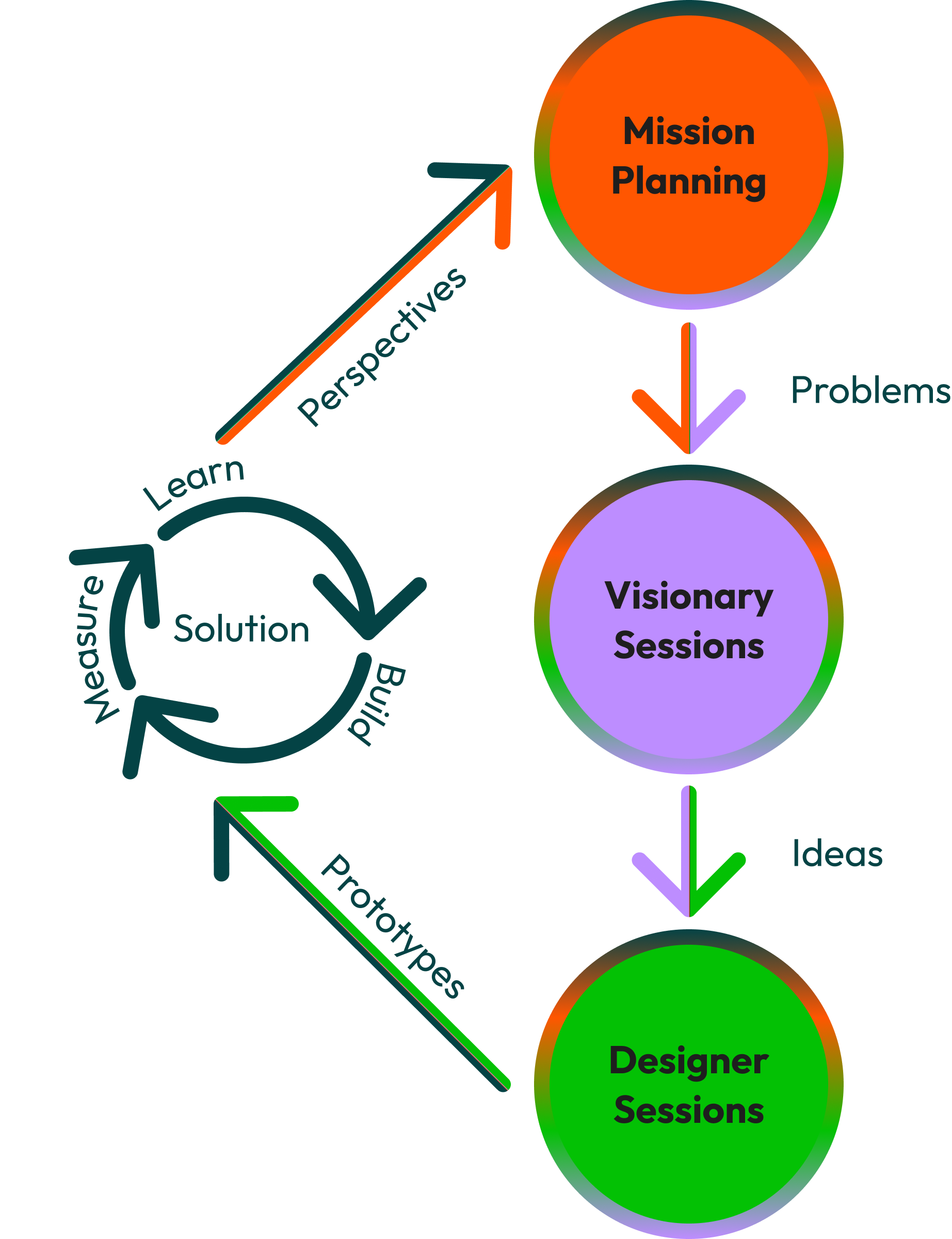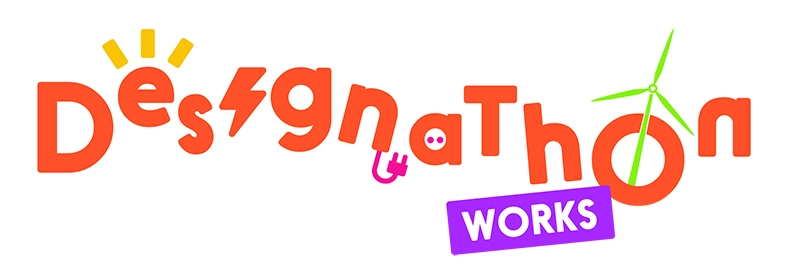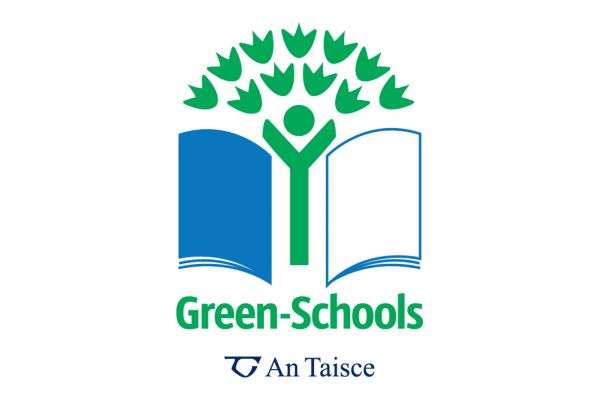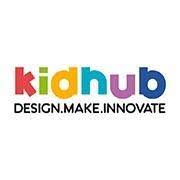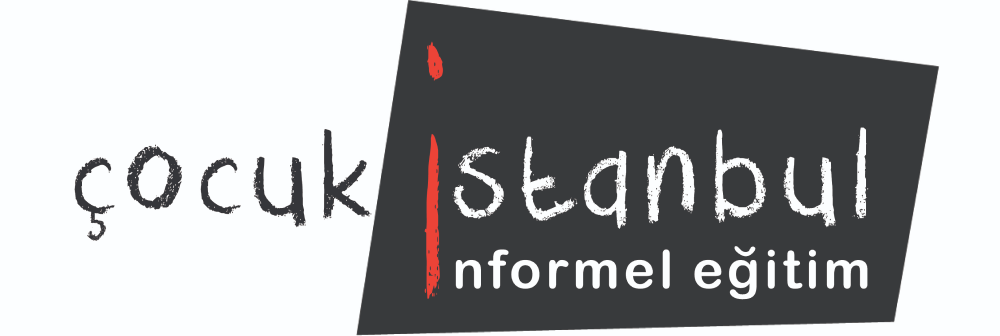WHY
Why this Erasmus+ project?
Many organizations focus on improving education with 21st-century skills, but they often work in silos, limiting their impact. This fragmented approach leads to underutilized resources, duplicated efforts, and inefficiencies, hindering the sharing and scaling of innovative solutions.
Working in isolation prevents a holistic understanding of education challenges, making it difficult to develop comprehensive, sustainable solutions. The future of education is learner-centered, collaborative, and globally connected, aiming to equip learners with the skills to thrive in a changing world. Reaching marginalized communities with high-quality education remains a significant challenge.
To address this, like-minded organizations must break down silos, foster partnerships, and engage in collective action. By leveraging collective strengths, we can create a more connected and effective ecosystem for education reform and improvement.
